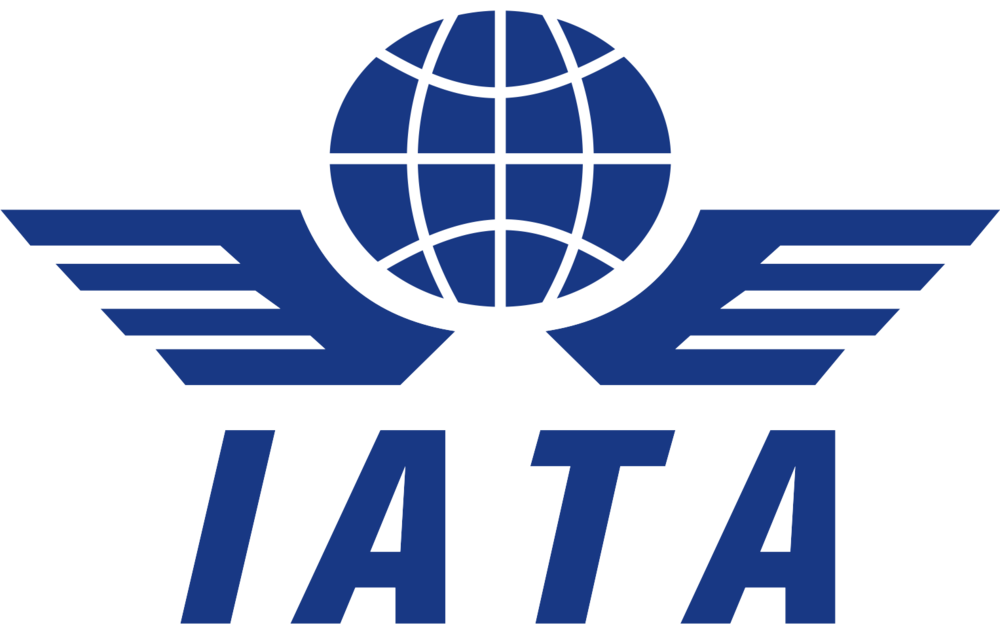- African Airlines Record Best Safety Performance in 2016
The International Air Transport Association on Friday said that Sub-Saharan Africa had its best safety performance in the last decade in 2016.
IATA said that airlines from the region had zero passenger fatalities and zero jet hull losses in its data released for the 2016 safety performance of the commercial airline industry.
The IATA’s Director-General, Mr Alexandre de Juniac, in a document on Friday said the all accident rate was 2.30 per one million departures, compared to 9.73 for the previous five years.
He said the continent also saw continued improvement in turboprop safety, with a turboprop hull loss rate of 1.56 (85 per cent lower than its 2011-2015 yearly average).
According to him, there was one non-fatal turboprop hull loss.
“Sub-Saharan airlines delivered a very strong performance in 2016. But we must not rest on this success. Safety is earned every day.
“The lesson from Africa’s improvement is that the global standards like the IATA Operational Safety Audit (IOSA) make a difference.
“ African nations should maintain this strong momentum by making IOSA and the IATA Standard Safety Assessment (for those carriers that are not eligible for IOSA) parts of their airline certification process.
“Regional governments also need to accelerate the implementation of ICAO’s safety-related standards and recommended practices (SARPS).
“As of year-end 2016, only 22 African countries had at least 60 per cent SARPS implementation,” de Juniac said.
He added that the 33 sub-Saharan airlines on the IOSA registry performed nearly twice as well as non-IOSA airlines in 2016 in terms of all accidents.
They also performed 7.5 times better than non-IOSA operators in the 2012-2016 period, he said.
On the global scale, de Juniac said the all accident rate (measured in accidents per 1 million flights) was 1.61 percent, an improvement from 1.79 percent in 2015.
He noted that the 2016 major-jet-accident rate (measured in hull losses per 1 million flights) was 0.39, which was the equivalent of one major accident for every 2.56 million flights.
The IATA boss said: “This was not as good as the rate of 0.32 achieved in 2015 and was also above the five-year rate (2011-2015) of 0.36.
“There were 10 fatal accidents with 268 fatalities. This compares with an average of 13.4 fatal accidents and 371 fatalities per year in the previous five-year period (2011-2015).”
de Juniac said the 2016 jet hull loss rate for IATA member airlines was 0.35 per cent (one accident for every 2.86 million flights).
According to him, while this outperformed the global hull loss rate, it was a step back from the 0.22 accidents per million flights achieved by IATA members in 2015.
“Last year, some 3.8 billion travellers flew safely on 40.4 million flights. The number of total accidents, fatal accidents and fatalities all declined versus the five-year average, showing that aviation continues to become safer.
“We did take a step back on some key parameters from the exceptional performance of 2015; however, flying is still the safest form of long distance travel. And safety remains the top priority of all involved in aviation.
“The goal is for every flight to depart and arrive without incident. And every accident redoubles our efforts to achieve that,” de Juniac, said.


 Forex2 weeks ago
Forex2 weeks ago


 Naira2 weeks ago
Naira2 weeks ago
 Naira4 weeks ago
Naira4 weeks ago
 Company News4 weeks ago
Company News4 weeks ago
 Billionaire Watch1 week ago
Billionaire Watch1 week ago




 Naira2 weeks ago
Naira2 weeks ago




 Naira4 weeks ago
Naira4 weeks ago




 Naira1 week ago
Naira1 week ago





















